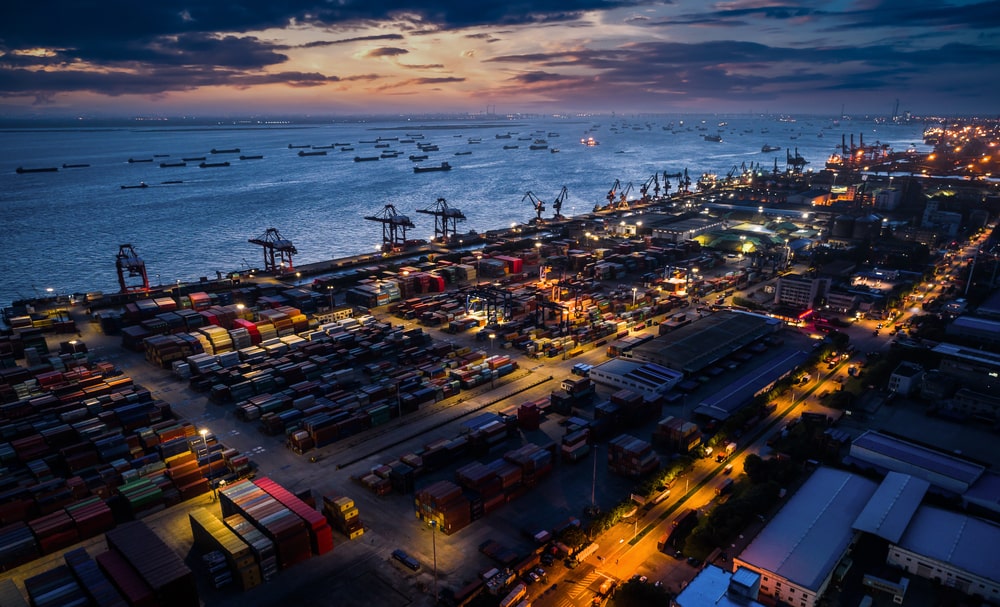
Reuters reports that global supply chain problems are worsening, citing a new report, as China's COVID-19 lockdowns, Russia's invasion of Ukraine and other delays at ports drive up costs.
Royal Bank of Canada (RBC) said that one-fifth of the global container ship fleet is stuck in congestion at various major ports.
Ships awaiting berth at the Port of Shanghai now number 344, a 34% rise over the past month. Shipping from a warehouse in China to the US now takes 74 days longer than previously.
In Europe ships from China arrive four days late on average, which leads to a shortage of empty containers to take European commodities to the U.S. east coast.
"Global port congestion is worsening and becoming increasingly widespread," RBC's Head of Digital Intelligence Strategy, Michael Tran, and colleague, Jack Evans, said in the report. They say it is hard to know when the situation will improve.
As Reuters, notes, ships and containers must both be available at the right time and place to prevent cancelled bookings. Any mismatch results in ships running below full capacity, hence, more are then required to move the same amount of freight.
RBC said the plethora of problems was having a "domino-like negative compounding effect across various markets".
The sinking of a number of Black ships has resulted in insurers raising premiums to between 1% and 5% of the value of the ship compared to pre-war levels of 0.25%.
"Many market participants thought that supply chains would be untangled by now, but this scenario has failed to materialize," the report said.
Though vessel delays have improved fractionally over the last couple of months, the average global delay of a ship's arrival was still 7.26 days in March, a figure that rarely tops 4.5 days in normal times, RBC noted.
On the U.S. West Coast, the ports of Los Angeles and Long Beach continue to struggle to keep up.
Reuters also reports a queue of 19 vessels in Los Angeles and port level inefficiencies have seen Time of Turnaround (ToT) jump to 6.9 days from 5 days a month ago, although it is still down from the peak of 8.7 days during last year's pre-Christmas rush. Several major shipping lines have suspended transport into the Baltic and Black Seas.
Several key European countries have also banned Russian-flagged vessels from their ports. This has re-routed flow and is pushing increased container ship activity into European ports.
The aggregate ToT for the three largest European container ports, Rotterdam, Antwerp and Hamburg, are 8%, 30% and 21% respectively above their five-year normal levels.
"Significant compression of ToT times are required before we can confidently suggest a path toward normalizing shipping costs," RBC's analysts said. "The problem? Things are getting worse".